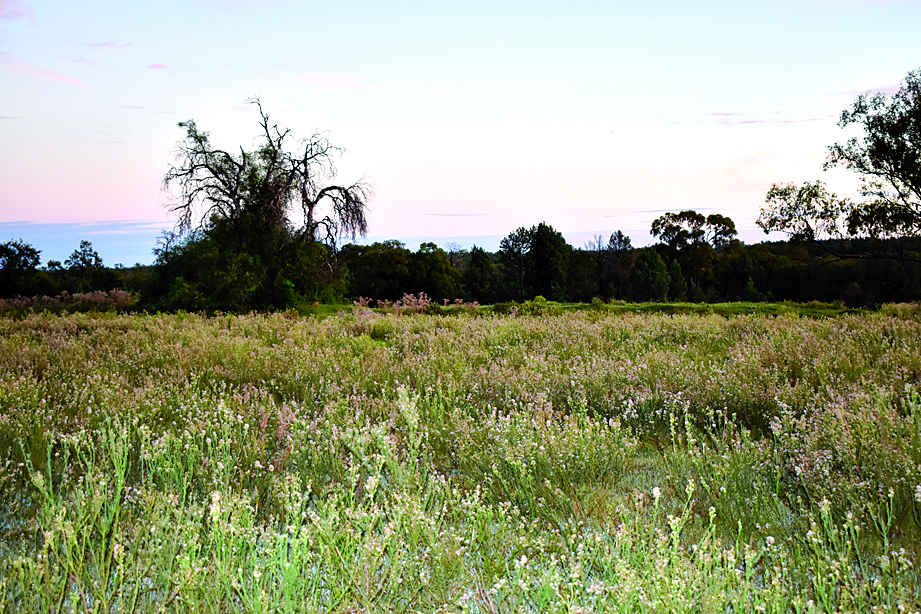Integrated weed management is a key focus of North West Local Land Services, with the mild and wet summer providing optimal growing conditions for not only crops and pastures but also weeds.
Integrated weed management utilises a variety of methods to control weeds which lowers the reliance on herbicides and ensures better outcomes.
North West Local Land Services cropping officer Bill Manning said LLS has been running integrated weed management trials at sites across the region, including Spring Ridge, for the past two years.
“We have been dependent on herbicides for a long time and weeds have built a resistance,” Mr Manning said.
“It is like if you just take one particular type of antibiotic for a cold, the bacteria can build up resistance.
“It is the same with weeds.
“Biological systems, if you apply too much pressure to them, they resist.
“We are still using herbicides in the trials but using residual ones and attacking weeds using different herbicides.”
Weeds have flourished since the drought broke and Mr Manning said some pasture paddocks that were degraded during the drought are taking time to recover, weeds such as fleabane are becoming prevalent.
Sow thistle and rye grass, as always, are present in cropping country.
“There are a number of new, residual herbicides that have come onto the market recently and we have been measuring the effect herbicides are having on crops the following season after they have been sprayed,” Mr Manning said.
“I do stress though, always refer to the label of any pesticide you’re using and follow the instructions.
“We have also been working with the University of Sydney to develop a low-cost weed detection spray that can tell the difference between green paddock and bare paddock, which is exciting.
Another tool for integrated weed management is chaff decking, a process of getting weed seeds in the chaff as it goes through the header and separating it from the straw.
The chaff with the weed seeds is then placed on the wheel tracks in the paddock, with the wheel tracks being less favourable to growth and compact there due to heavy vehicles moving over the tracks frequently.
Mr Manning said the slow adoption of this practice is an issue.
“I encourage growers to utilise chaff decking as a tool in their integrated weed management plans,” Mr Manning said.
“People are behind on their weed control currently due to a number of issues, including trouble getting workers and getting into paddocks with it being so wet, so there are a number of problems facing farmers currently.”
To order photos from this page click here









